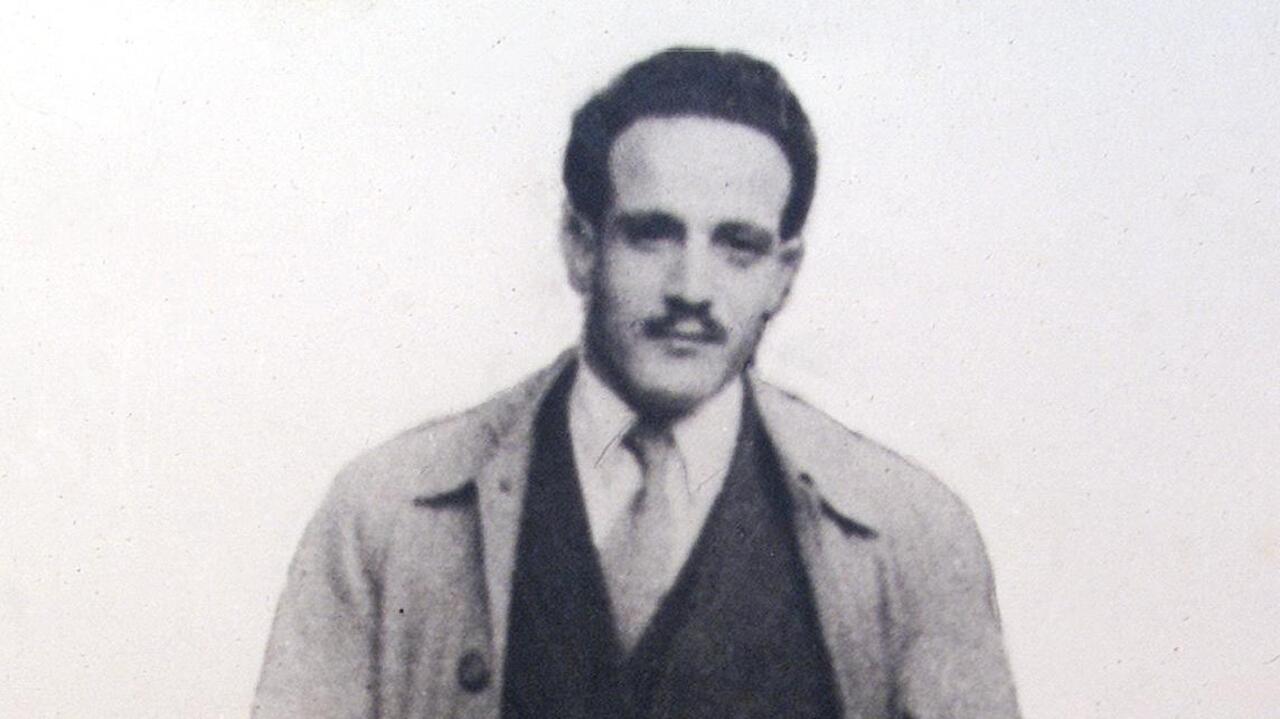Macron acknowledges French military’s killing of Algerian leader Ben M’hidi

French President Emmanuel Macron has publicly recognized the assassination of prominent Algerian independence leader Larbi Ben M’hidi by French soldiers during Algeria’s liberation war.
This historic admission came on Friday, coinciding with the 70th anniversary of the start of Algeria’s revolution, with an official statement from the Élysée Palace confirming that Ben M’hidi’s death in 1957 was executed under the orders of General Paul Aussaresses.
General Aussaresses, who served as the head of French intelligence in Algeria, confessed in the early 2000s to Ben M’hidi’s killing, dismissing the official account that portrayed his death as a prison suicide.
In his 2001 book, The Battle of the Casbah, Aussaresses revealed that he had used torture extensively during the Algerian War of Independence, claiming this was done with “approval, if not explicit orders” from high-ranking French political figures.
Macron’s statement arrives amid a period of strained relations between France and Algeria, with the Élysée affirming that “recognition of this crime reflects the French president’s commitment to a historical reckoning in coordination with Algerian President Abdelmadjid Tebboune.”
The goal, according to the statement, is to “achieve a peaceful, shared memory” between France and Algeria, as Macron emphasizes the need for “historic reconciliation” for the benefit of future generations.
Born in 1923 near Ain Melilla in the Aurès Mountains of northeastern Algeria, Ben M’hidi was a crucial figure in Algeria’s fight for independence.
By 1956, he had become the leader of the autonomous Algiers region and one of the central figures in the “Battle of Algiers” in 1957.
Known for his charisma and bravery, he was highly respected by both allies and enemies alike.
After his arrest on February 23, 1957, Ben M’hidi appeared in custody, handcuffed among French paratroopers but maintaining his signature calm smile, further cementing his legacy as an icon of resistance.
During his tenure, Macron has intensified efforts to address the fraught legacy of French colonialism.
He has previously acknowledged the French military’s role in the killings of mathematician Maurice Audin and lawyer Ali Boumendjel and condemned the “unjustified crimes” committed by French forces against Algerian protesters in Paris on October 17, 1961.
The Élysée’s statement highlighted Ben M’hidi’s “admirable qualities,” noting that he was revered even among French military adversaries.
His death represents one of many painful episodes of a seven-year struggle that ultimately led to Algeria’s independence on July 5, 1962.
Algerian records estimate the war’s casualties at 1.5 million, though French historians suggest the figure is closer to 500,000, marking the conflict as one of the most significant anti-colonial struggles of the 20th century.
About The Author
dailymailafric
I am an avid African news observer, and an active member of Daily Mail Africa.
I’m Passionate about staying informed on diverse topics across the continent,
I actively contribute to publishing on political, economic and cultural developments in Africa.



